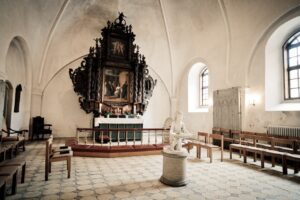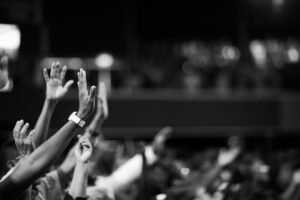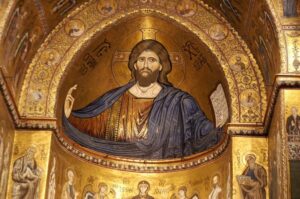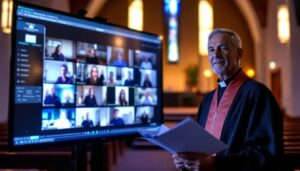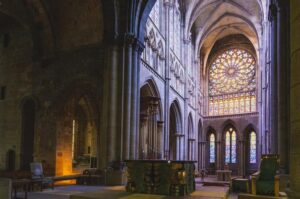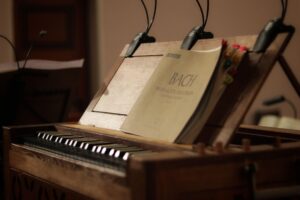RELIGIOUS INFLUENCE FELT IN CLASSICAL MUSIC
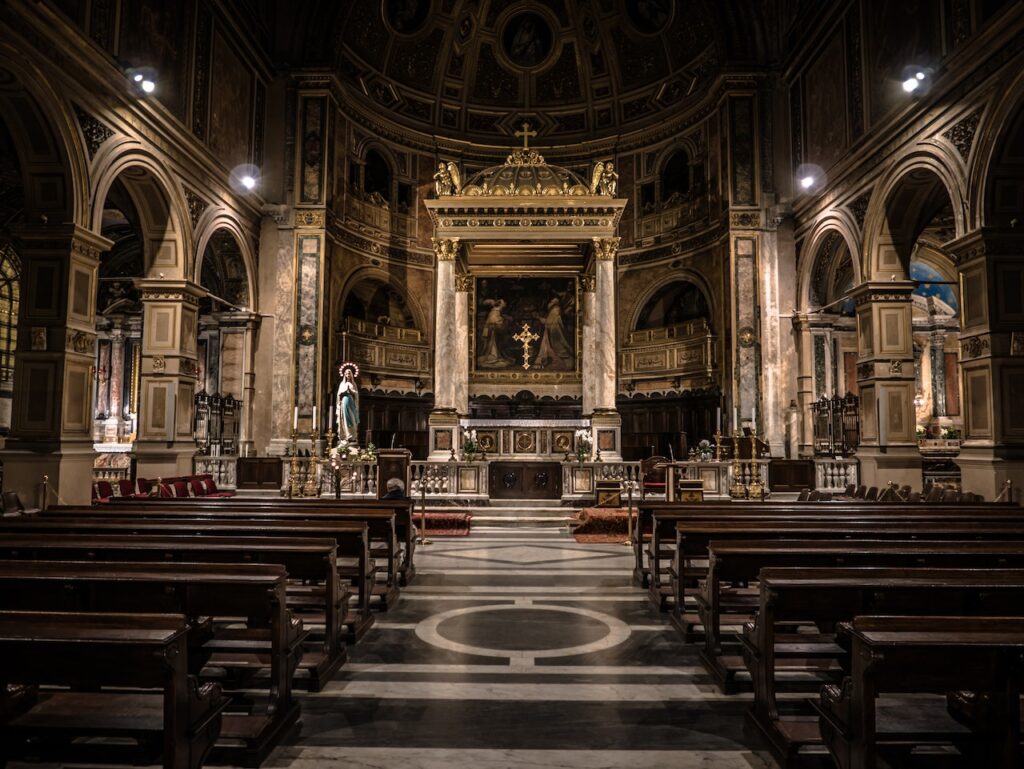
Religion has been a major factor in classical music for many centuries. From chants dating back over a millennium to 20th century offerings, whether with voice or with instruments, praises to heaven have enriched our musical lives.
A simple but moving form of praise is the spiritual, a form of music that evolved from the oral tradition of early blacks in America.
Within the early American churches, the colonists pursued a hymn-singing tradition that has remained strong to this day, as has the spiritual.
These two forms of religious song are captured on a Telarc CD (80325) by the Ohio State University-based Robert Shaw Festival Singers with choral veteran Shaw conducting. The result is a blend of favorites such as “Ride On, King Jesus” with “To God Our Strength.”
Some may argue that the organ symphonies of Louis Vierne are not religious music. I can assure you that, sitting in Notre Dame Cathedral in Paris and hearing the organ at which Vierne died while playing a concert in 1937, it becomes apparent that Vierne’s works are inspired by a higher authority than man.
One of the great French organs on which this blind virtuoso performed during his career was the Cavaille-Coll Organ at St. Ouen in Rouen. It is this organ on which Michael Murray plays Vierne’s first and third organ symphonies for Telarc (80329). The music and the recording are both magnificent.
From Chandos comes a CD (9021) holding the premiere recordings of the Mass in the Dorian Mode by Herbert Howells and the Mass for Double Choir by Bernard Stevens.
Stevens lived from 1916 to 1983 and wrote the mass in 1939 while studying at the Royal College of Music. The manuscript surfaced among his papers after his death. Howells, born in 1892, also died in 1983 and was a major figure in 20th century English liturgical music.
The Finzi Singers are splendid in these works, and they also offer five short pieces from the young Howells as well. A major addition to the recorded repertoire of English choral music.

